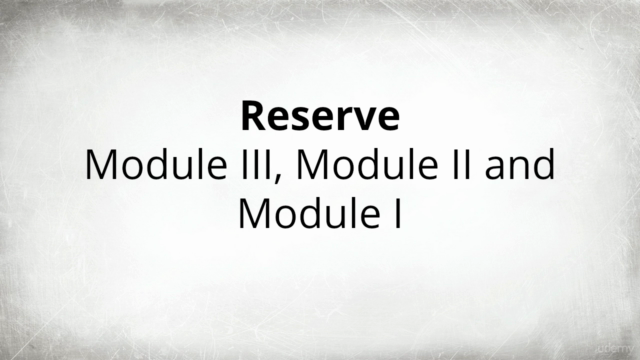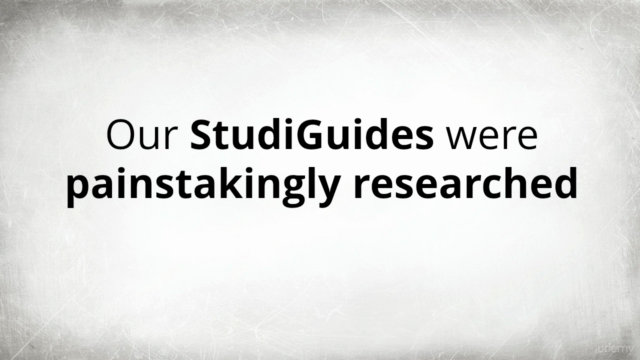StudiGuide 8: General Criminal Statutes

Why take this course?
Based on the information provided, you are now familiar with several misdemeanor offenses under California Penal Code that law enforcement officers might encounter in the course of their duties. Here's a summary of each offense and what you need to recognize to effect an arrest for these crimes:
-
Prostitution (Penal Code 647(b)): To arrest someone for prostitution, you must have evidence that a person solicited or agreed to engage in or actually engaged in an act of prostitution. An overt act must be observed or admitted to by the accused.
-
Loitering about a Public Toilet (Penal Code 647(d)): To arrest for this offense, you must observe a person loitering in or about a public toilet facility for the purpose of soliciting or engaging in a lewd or lascivious or unlawful act, such as prostitution or drug transactions.
-
Public Intoxication (Penal Code 647(f)): To arrest someone for being publicly intoxicated, you must observe them in a public place while under the influence of alcohol or drugs to the degree that they are unable to care for their own safety or the safety of others, or so intoxicated as to be unable to care for themselves and consequently obstructing a public way.
-
Prowling (Penal Code 647(h)): To arrest for prowling, you must observe a person loitering, wandering, or prowling on the private property of another without a visible or lawful purpose. The key element here is the lack of a legitimate reason for being on the property.
-
Peeping (Penal Code 647(i)): This offense combines elements of prowling and peering into a building or structure without lawful business. To arrest for peeping, you must witness someone loitering, prowling, or wandering on private property while peeking in windows or doors without a legitimate reason.
-
Disturbing the Peace (Penal Code 415): There are three subsections under this code that cover different behaviors:
- Unlawful Fighting (PC 415(1)): To arrest for this, you must observe two or more people fighting unlawfully in a public place.
- Loud Noises (PC 415(2)): To arrest for making loud and unreasonable noise, you must observe a person making noise that is inherently likely to disturb others and is done willfully and maliciously.
- Offensive Words (PC 415(3)): To arrest for this offense, you must hear a person using offensive words in a public place, which are likely to provoke immediate violence.
-
Obstruction of a Public Way (Penal Code 647c): To arrest someone for obstructing a public way, you must observe them willfully and maliciously obstructing the free movement of persons on any public way, street, sidewalk, or other public place.
In each case, the officer's observation or admission of the act is crucial for an effective arrest. It's also important to document the incident thoroughly, as misdemeanor offenses often rely on the officer's testimony and observations at the time of the incident. Remember that each situation can be different, and local laws or ordinances may add specific requirements or nuances to these general guidelines.
Course Gallery




Loading charts...